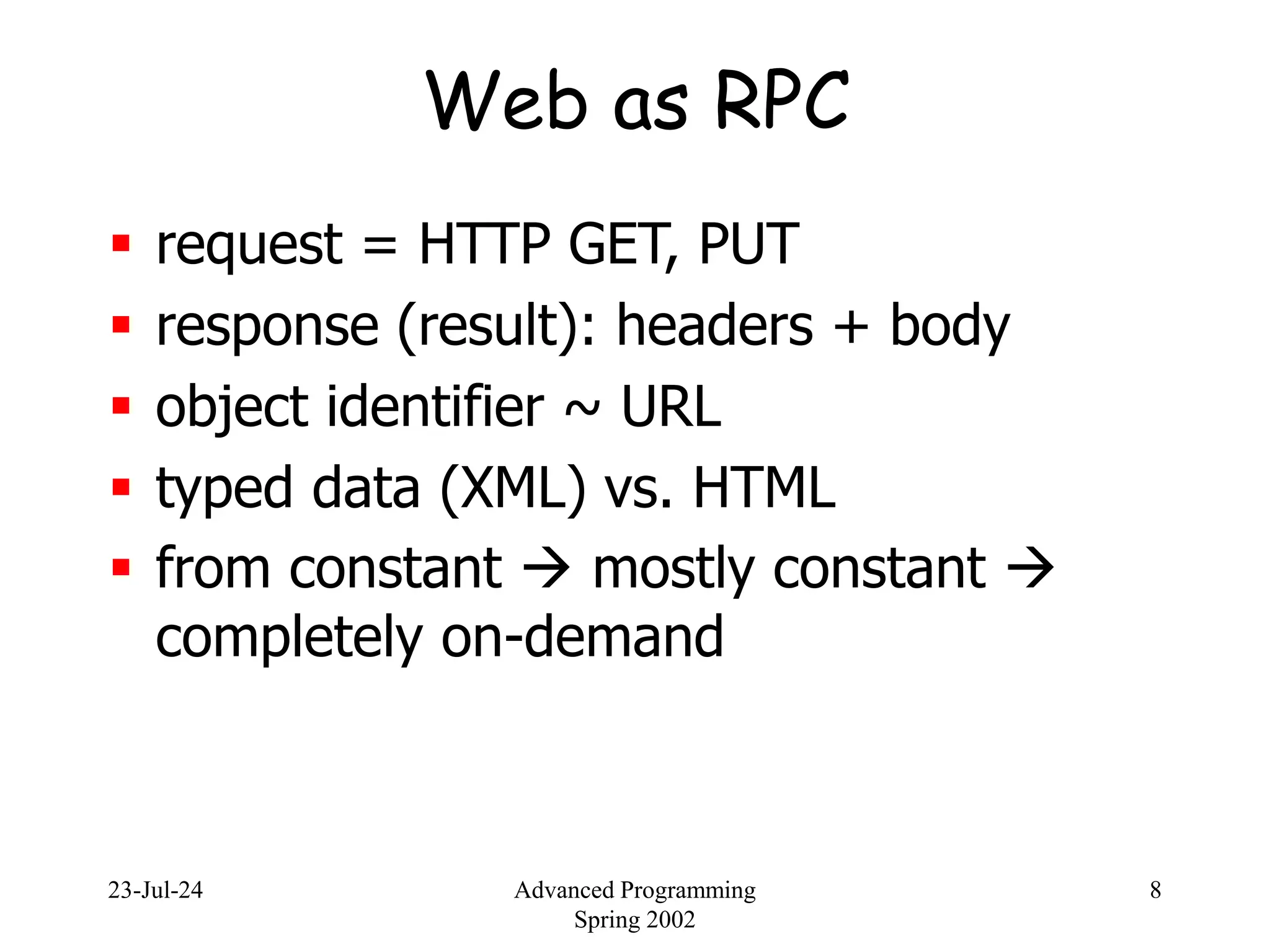Mastering The Basics: What Is A Web Browser?
Hey there, tech explorer! If you're reading this, you're already using a web browser—congrats, you're part of the digital age! But have you ever stopped to think, what exactly is a web browser? Is it just that little window where you type in "how to fix my Wi-Fi" or "best pizza near me"? Well, buckle up because we’re diving deep into the world of web browsers, and trust me, it’s more fascinating than you’d think. So, let’s break it down step by step, shall we?
You might not realize it, but mastering the basics of what a web browser is can seriously level up your online game. It's like knowing the rules of the road before you hit the highway. A web browser is your digital chauffeur, navigating you through the vast expanse of the internet. But what makes it tick? Why are some browsers faster than others? And how do they keep your data safe? These are questions we’ll be answering in this article.
Now, before we dive headfirst into the nitty-gritty, let’s set the stage. Understanding web browsers isn’t just for tech nerds or IT pros. It’s for anyone who wants to make the most out of their online experience. Whether you're a casual surfer or a hardcore gamer, knowing how your browser works can help you optimize your internet time, protect your privacy, and even save you money. So, let’s get started, shall we?
- P Diddy Legal Troubles A Comprehensive Overview
- P Diddy Naked Basketball The Untold Story Behind The Viral Moment
What Is a Web Browser? The Basics
Alright, let’s start with the basics. A web browser is essentially a software application that allows you to access and interact with the internet. Think of it as your personal gateway to the World Wide Web. When you type in a URL or click on a link, your browser fetches that information from the web server and displays it on your screen in a user-friendly format. Pretty cool, right?
But here’s the thing—browsers don’t just magically pull up websites. They use something called rendering engines to translate complex code into the beautiful websites we see every day. These engines are the brains behind the operation, and they’re what make browsers like Chrome, Firefox, and Safari so powerful. So, the next time you’re browsing, take a moment to appreciate the hard work going on behind the scenes.
Why Are Web Browsers Important?
Web browsers are more than just tools for surfing the web. They’re essential for everything from online shopping to video conferencing. In today’s digital world, having a reliable browser is as important as having a good pair of shoes. Here are a few reasons why:
- Its All About The Benjamins The Legacy Of P Diddy
- P Diddys House Inside The Lavish Lifestyle Of Sean Combs
- Accessibility: Browsers allow you to access virtually any website from anywhere in the world, as long as you have an internet connection.
- Security: Modern browsers come equipped with advanced security features to protect your data and privacy online.
- Speed: With faster rendering engines and optimized performance, browsers can load pages in the blink of an eye.
- Customization: Most browsers offer a wide range of extensions and add-ons to enhance your browsing experience.
So, whether you’re streaming your favorite shows or working on a project, your browser is the unsung hero making it all possible.
How Do Web Browsers Work?
Now that we know what a web browser is, let’s dive into how they actually work. It’s a bit like magic, but with a lot more code and less wand-waving. Here’s a quick breakdown:
When you enter a URL into your browser’s address bar, it sends a request to the web server hosting that site. The server then sends back the necessary files, which your browser translates into the website you see. This process happens in milliseconds, thanks to the power of rendering engines and network protocols. But that’s not all—browsers also handle things like cookies, cache, and security certificates to ensure a smooth and secure browsing experience.
Key Components of a Web Browser
Every web browser is made up of several key components that work together to bring you the internet. Let’s take a closer look:
- Rendering Engine: Responsible for displaying web content like HTML, CSS, and JavaScript.
- UI Elements: Includes the address bar, back/forward buttons, bookmarks, and more.
- Networking Layer: Handles communication between your browser and web servers.
- JavaScript Interpreter: Executes JavaScript code to make websites interactive.
- Storage Management: Manages cookies, cache, and local storage to improve performance and save user data.
These components work together seamlessly to give you a smooth browsing experience. And the best part? You don’t have to understand any of it to use a browser—though it’s always good to know what’s going on under the hood.
The Evolution of Web Browsers
Web browsers haven’t always been as advanced as they are today. Back in the early days of the internet, browsers were pretty basic. The first-ever web browser, called WorldWideWeb, was created by Tim Berners-Lee in 1990. It was a simple text-based browser that could only display plain HTML pages. Fast forward to today, and we have browsers that can handle everything from 4K videos to virtual reality experiences.
Over the years, browsers have evolved to meet the demands of modern internet users. They’ve become faster, more secure, and more feature-rich. And with the rise of mobile devices, browsers have had to adapt to smaller screens and touch-based interfaces. It’s been quite the journey, and it’s not over yet. With new technologies emerging all the time, the future of web browsers looks brighter than ever.
Popular Web Browsers Today
So, which browsers are ruling the roost in 2023? Let’s take a look at some of the most popular ones:
- Google Chrome: Known for its speed, simplicity, and extensive library of extensions.
- Mozilla Firefox: Offers a balance of speed, privacy, and customization options.
- Apple Safari: Designed for macOS and iOS devices, with a focus on energy efficiency and privacy.
- Microsoft Edge: A modern browser with improved performance and compatibility.
Each of these browsers has its own strengths and weaknesses, so the best one for you depends on your needs and preferences. But no matter which browser you choose, you can be sure it’s built to handle the demands of today’s digital world.
Why Mastering the Basics Matters
Understanding the basics of web browsers isn’t just about knowing how they work—it’s about using them to their full potential. Whether you’re a casual user or a tech enthusiast, mastering the basics can help you:
- Improve your browsing speed and efficiency.
- Enhance your online security and privacy.
- Customize your browsing experience to suit your needs.
- Stay up-to-date with the latest web technologies.
By taking the time to learn about web browsers, you’re not just improving your tech skills—you’re also empowering yourself to make the most out of your online life. And let’s face it, in today’s world, that’s more important than ever.
Tips for Mastering Your Browser
Ready to take your browsing game to the next level? Here are a few tips to help you master your web browser:
- Use keyboard shortcuts to navigate faster.
- Clear your cache and cookies regularly to improve performance.
- Install ad-blockers and privacy extensions to protect your data.
- Explore browser settings to customize your experience.
These simple tips can make a big difference in how you use your browser. So, don’t be afraid to experiment and find what works best for you.
Security and Privacy in Web Browsers
In today’s digital age, security and privacy are more important than ever. Web browsers play a crucial role in keeping your data safe online. But how exactly do they do it? Let’s break it down:
Most modern browsers come equipped with built-in security features like HTTPS encryption, phishing protection, and password managers. They also offer privacy modes that prevent websites from tracking your activity. But that’s not all—many browsers also allow you to customize your privacy settings, giving you more control over your online experience.
Common Security Threats and How to Avoid Them
While browsers do a lot to keep you safe, it’s still important to be aware of common security threats. Here are a few to watch out for:
- Phishing Attacks: Scammers try to trick you into giving away personal information. Always double-check URLs and avoid clicking on suspicious links.
- Malware: Harmful software can infect your device through downloads or malicious websites. Stick to trusted sites and keep your browser up-to-date.
- Tracking Cookies: Websites use cookies to track your activity. Use privacy settings to limit tracking and clear cookies regularly.
By staying informed and taking the right precautions, you can browse the web with confidence and peace of mind.
The Future of Web Browsers
As we look to the future, one thing is clear—web browsers will continue to evolve and improve. With new technologies like WebAssembly, Progressive Web Apps, and augmented reality, the possibilities are endless. Browsers will become even faster, more secure, and more integrated into our daily lives.
But the future isn’t just about technology—it’s about people. As users, we have the power to shape the future of web browsers by demanding better privacy, security, and accessibility. So, the next time you open your browser, take a moment to think about the amazing technology behind it—and the role you play in its future.
Final Thoughts and Call to Action
There you have it—a comprehensive guide to mastering the basics of what a web browser is. From understanding how they work to staying safe online, we’ve covered it all. But remember, learning doesn’t stop here. The world of web browsers is constantly changing, so it’s important to stay informed and keep up with the latest trends.
Now, it’s your turn. Share your thoughts in the comments below. Which browser do you use? What tips and tricks have you discovered? And don’t forget to check out our other articles for more tech insights. Happy browsing, and see you online!
- P Diddy Friends Exploring His Inner Circle And Influence In The Music Industry
- P Diddy Combs Video A Comprehensive Look At His Impact On Music And Culture

Mastering BrowserBased Video Tools A Guide for Beginners

Computer Vision in a Web Browser Basics ItJim

web programming basics(Web programming basics).ppt